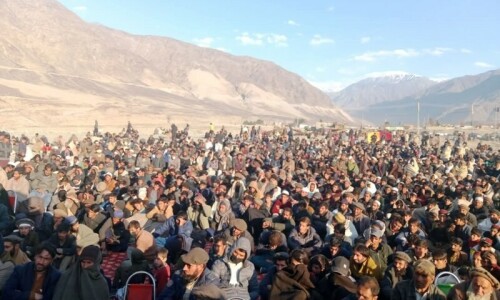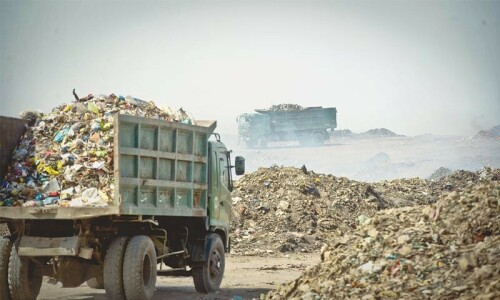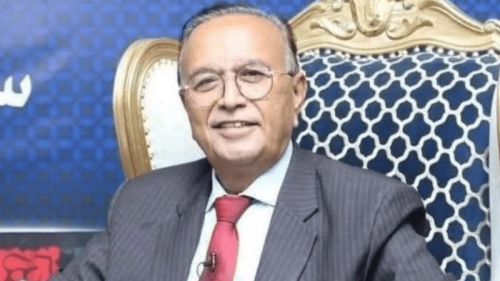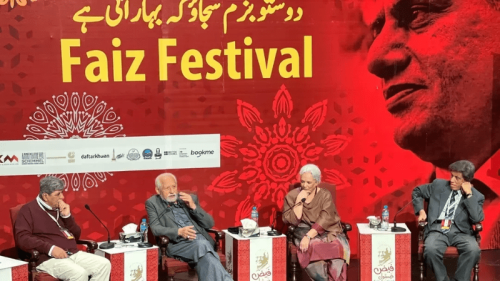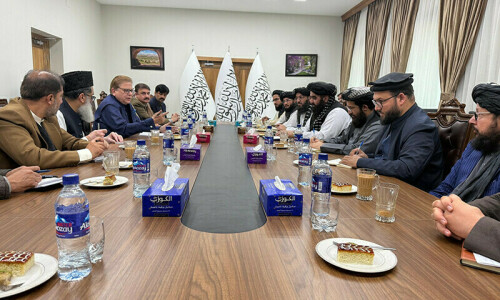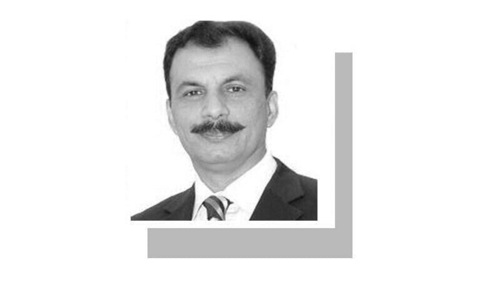KARACHI: Amid challenges of several public service issues, another crisis is looming large as major hospitals across Sindh are running their operations without medicines. The authorities concerned first delayed the procurement plan and then they remained unable to supply the required medicines to the health facilities at the right time where hundreds of thousands of patients are now compelled to buy the prescribed drugs from private stores, officials and sources said on Tuesday.
The crisis also challenges the Pakistan Peoples Party (PPP) which had built its campaign for the 2018 general election over its reforms in the healthcare system across Sindh and won a majority in the province. During his speeches at rallies in different parts of the country, PPP chairman Bilawal Bhutto-Zardari had referred to the health facilities in the province, calling them the best in the country. Right now, however, the fact is that poor patients are forced to spend more and more at public hospitals for their healthcare.
“The Sindh government hospitals across the province right now are running their operations without medicines and in some cases several health facilities have formally informed the authorities about their inability to operate even their emergency units in such a situation,” said a senior health professional citing the gravity of the situation. “For instance, three major hospitals in Karachi — the Jinnah Postgraduate Medical Centre (JPMC), the Dr Ruth Pfau Civil Hospital and the National Institute of Child Health (NICH) — have no medicines for their patients and they have been advised very clearly to purchase medicines privately from medical stores. Among such hospitals are the two hospitals [JPMC and Civil Hospital], which take care of thousands of patients every day with each having around 2,000-bed capacity. So you can well imagine the situation in other hospitals of Karachi, other Sindh cities and rural districts.”
The authorities, on the other hand, are well aware of the crisis but cite different reasons for the current situation. They appear confident that once those causes are addressed, it would not take more than a week to meet the demands of supplies of hospitals across the province.
Sources say delayed procurement process of medicines is to blame
“The issue of unavailability of medicines in hospitals is due to the stay order by courts and we understand that it was a huge issue for hospital management and the patients as there was a shortage of available medication in government hospitals,” Dr Azra Fazal Pechuho, Sindh minister for health and population welfare, said while replying to Dawn’s queries. “The central procurement committee had procured all the necessary antibiotics needed by the hospitals and the health department had made sure that all hospitals had these available for patients. As for the remaining medicines, they have been procured by the central procurement committee and will be supplied this week.”
However, the management of different public hospitals and people associated with the process, business of medicine supplies and dealing with government agencies blame the delayed launch of the procurement process and then a lethargic approach of the committee tasked with the job.
“This procurement process of medicines and medical supplies should have begun in March 2019, but too much [time] was wasted and it actually kicked off in June-July,” said a source privy to the details of the causes behind the recent crisis. “Once the launch is delayed then, we all know, it ultimately slows down the whole process. Once the procurements of a few items are finalised, then some pharmaceuticals come up with complaints before the redress committee which puts a stop to the supplies to hospitals till the grievances are heard. So, there is a need to bring more reforms in the process. This exercise is meant to benefit people but unfortunately it’s working the other way.”
Published in Dawn, January 8th, 2020
















